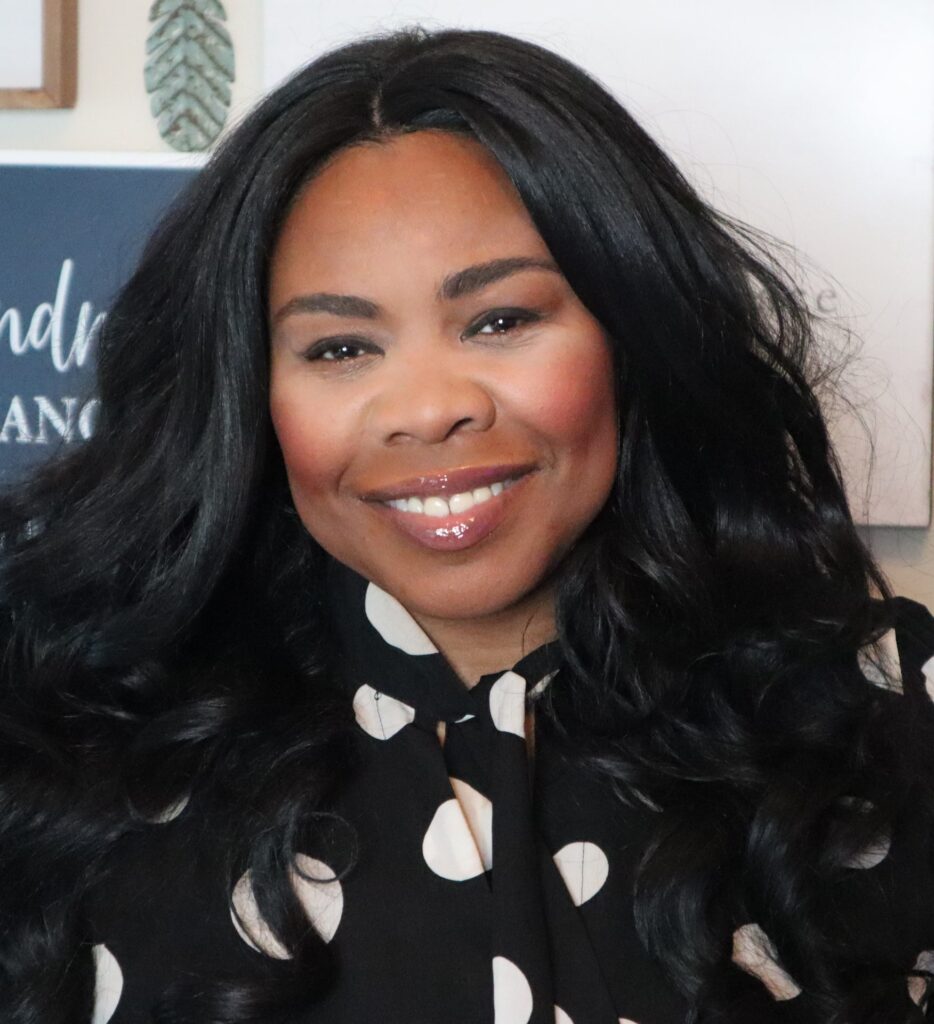By Whitney Hughes
NABJ Monitor
Although self-care and mental wellbeing can look different for everyone, three mental health experts, Dr. Akilah Reynolds, Dr. Kortni Alston and Dr. Brandon Gillespie, have some tips that can help any person better manage their mental health. Reynolds, a therapist, practices with the online Black Girl Doctors practice; Alston, a scholar on happiness, hosts the podcast “Kourting Happiness.” Gillespie, a journalist and mental health advocate, hosts “The Brandon Show.”
Listen to Yourself

Dr. Brandon Gillespie
“You may not know when you need a break, and you may be in the beginning stages of self-discovery, but everyone knows when something’s off,” Gillespie said.
An important part of self-care is listening to your body and understanding when things are different. Eating less or sleeping less can be signs that you are experiencing stress.
Practice Mindfulness
“Sometimes what happens is when you’re triggered by something traumatic that you’ve experienced, whether it’s racial trauma or some other trauma, you’re not always in the present moment,” Reynolds said.
Being grounded in the present helps people with trauma-induced stress, anxiety or depression, she said.
Ways to practice mindfulness involve using your physical senses of sight, hearing, taste, touch, and smell to enjoy the present moment. Focus on a comforting feeling or song.
Surround Yourself with Positivity

Dr. Kortni Alston
“Positive psychology is the scientific study of optimal human functioning,” Alston said.
When considering mental health and well-being, it is important to form positive relationships and surround yourself with positive accountability partners who will help you acknowledge when you need a break.
Have Good Sleep Hygiene
Rest and relaxation can be crucial for maintaining good mental health. “We do need sleep and we don’t really need a reason to rest. I think rest is actually a part of productivity,” Reynolds said.
Make sure that you are getting enough sleep by developing a nighttime routine. Without proper rest, it becomes difficult to remain productive.
Disconnect
As a working journalist, it becomes difficult to step away from the media to focus on yourself. This is an important part of self-care.
“You really have to set boundaries and be aware of what your limits are,” Gillespie said. It is not just setting boundaries for your assignments but knowing when to take a break from being online and watching the news to again be mindful of yourself in the present moment.
Experience Joy

Dr. Akilah Reynolds
Reynolds describes joy as a form of resistance when surrounded by stress and trauma in the world around you. Spending time to recognize what makes you happy is also an essential part of listening to yourself, but it does not always happen right away.
Talk to Someone
“I definitely suggest therapy… or maybe talking to someone who is not a therapist that they love and trust,” Reynolds said.
Speaking with a trained therapist can always be helpful, but even speaking with trusted friends and family when you are experiencing issues with your mental health can be very helpful.
Gillespie suggests talking to someone when you begin to feel that something is off with your behavior. If you are not quite at a place where you are comfortable speaking openly, writing in a journal can be a first step.
Celebrate Your Successes
“It’s really about setting parameters for your life and then really taking a moment to count your blessings and recognize your successes,” Gillespie said. “Even if they are small, every success is [a] success, no matter how large it is.”
Some challenges can come from feeling like you are not where you are supposed to be in life. It comes from comparing your journey to others and not allowing yourself to celebrate your own success, he said. Even small steps are moving in the right direction.
Resources
If you are experiencing issues with your mental health as a Black journalist, there are many resources that can help. A few are the following:
- The Black Girl Doctor, A network of Black women therapists who offer virtual individual and group counseling sessions.
- Black Journalists Therapy Relief Fund, This provides assistance for Black journalists who are unable to pay for mental health support.
- Therapy for Black Girls, An online space dedicated to encouraging the mental wellness of Black women and girls
- NABJ, Additional resources in coping with trauma as a journalist including a webinar on mental wellness




Be the first to comment